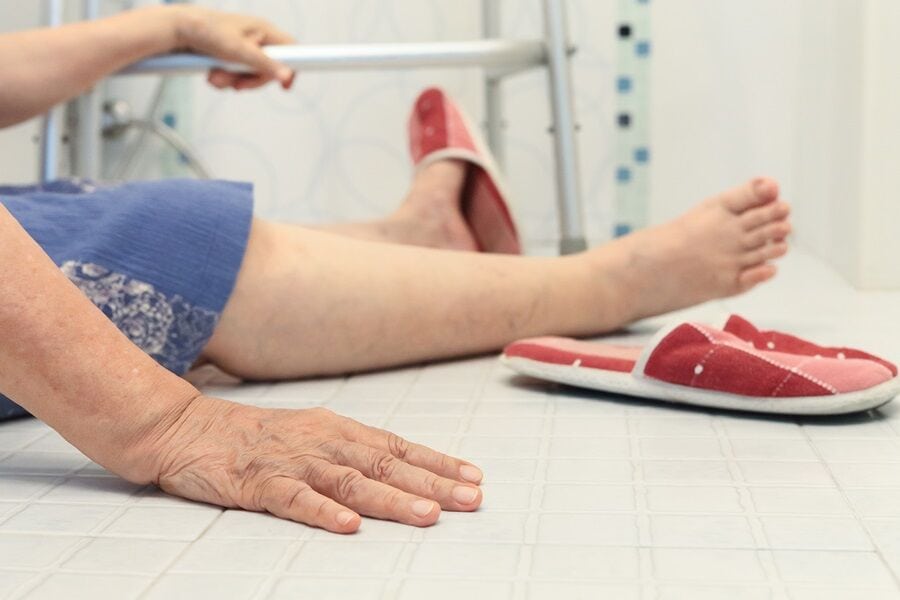Tips for Reducing Your Parent’s Fall Risk in Their Daily Life

Home Care Services in Manassas City VA: Reducing Senior Fall Risks
As a family caregiver, protecting your aging parent from falls is likely one of your primary focuses in your care routine. You have likely recognized hazardous areas in their home and made meaningful modifications to their surroundings to help them stay safer, such as installing a stairlift and adding grab bars throughout their home. While these are extremely useful and beneficial changes that can reduce fall risk, they are not the only approach you can take. There are important steps to take in their daily life, and simple changes in their care, that can reduce this risk even further.
Use these tips to reduce your parents fall risk in their daily life:
-Keep a light on in the bathroom at night. If your senior needs to get up to use the restroom, having a light on will guide them, and make them more confident
-Encourage your parent to take their time when they are changing position. This can include sitting up from lying down or standing up from sitting. These changes can cause a sudden drop in blood pressure that can lead to dizziness or lightheadedness that can cause your parent to fall
-Make sure your parent stays properly hydrated. Dehydration can lead to weakness, dizziness, and lightheadedness
-Encourage your aging parent to choose their footwear carefully. Seniors should avoid shoes or slippers without backs, and that have smooth soles. Instead, they should wear shoes or slippers that surround the foot, fit securely, provide support, and have a firm sole with a textured surface to provide friction and grip
-Discourage them from trying to carry things upstairs. It is important for them to hold the banister the entire time they are walking on the stairs, and be able to right themselves if they stumble
-Pay close attention to how your parent reacts to their medications. Some can lead to lightheadedness, dizziness, fainting, and other issues that can cause falls. If your parent experiences these effects, encourage your parent to move cautiously, use support as they move, or ask their doctor if they can take the medication at night to reduce the risk
Understand that introducing home care into your senior’s care routine does not mean you don’t want to be their family caregiver, or that you don’t care about the quality of care your senior receives. In fact, having an in-home senior care services provider as a part of your parent’s care can be one of the most nurturing and meaningful decisions you make for your senior as they age in place.
Even if you are able to be with your parent on a regular basis, having home care means diversified care and greater independence. A care provider can be there for your parent to offer safe and reliable transportation so they can go where they want and need to go, when they want and need to go there rather than waiting for you at to be available.
Diversified care also means companionship and social interaction that boosts and maintains better mental and emotional health. Because this type of care is fully customized, it means it can adapt with your senior as their needs increase, giving them more confidence in their ability to maintain their lifestyle as they age.
If you or an aging loved-one are considering Home Care Services in Manassas City, VA, please contact the caring staff at LivinRite Home Care. Call Us Today at (703) 634-9991.
Source:
Cdc.gov
- Skilled Nursing: Offering Peace of Mind for Seniors Aging in Place - April 8, 2025
- Can Physical Therapy Help Seniors Learn How to Fall Safely? - March 27, 2025
- Senior Home Care Helps Keep Aging Adults Safe in the Kitchen - March 11, 2025
